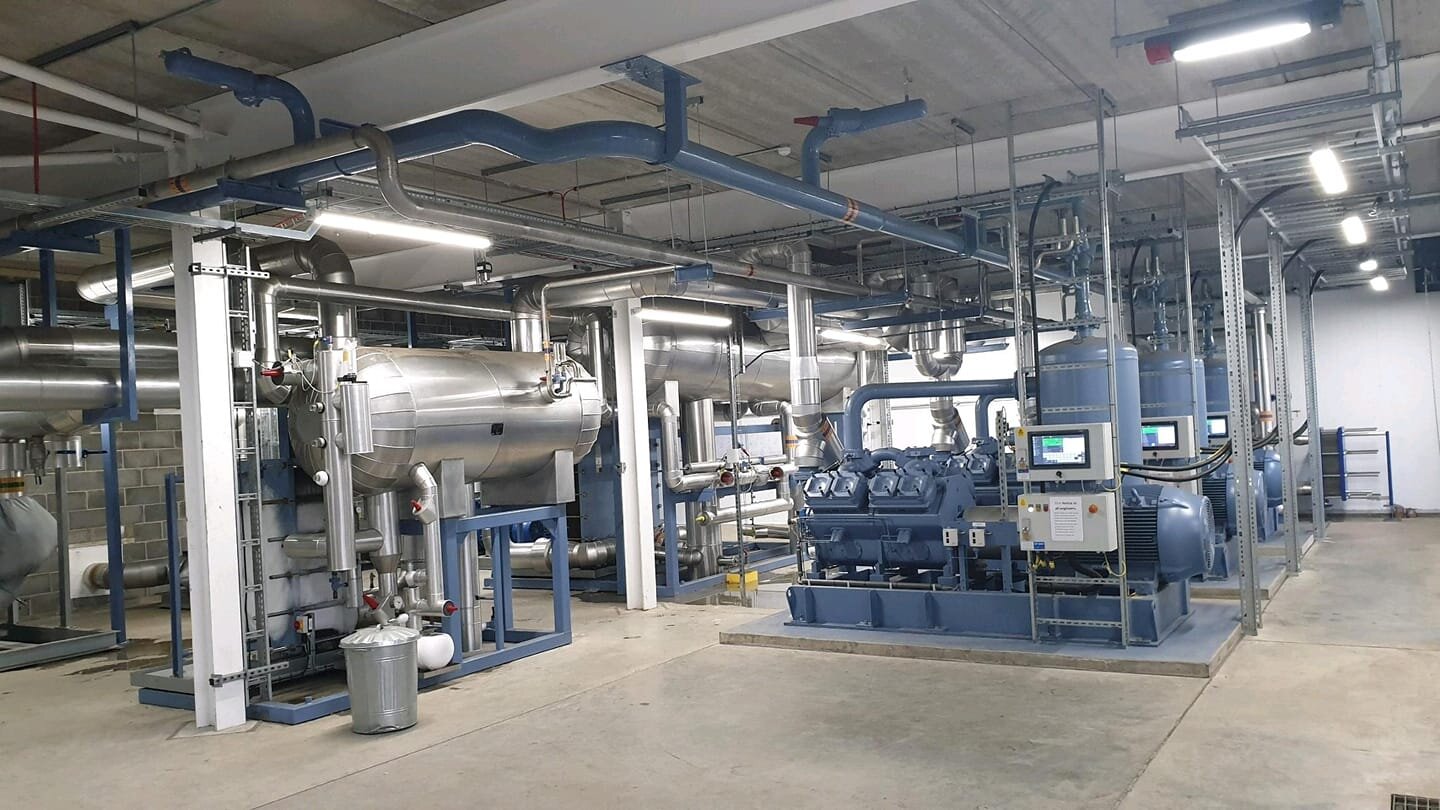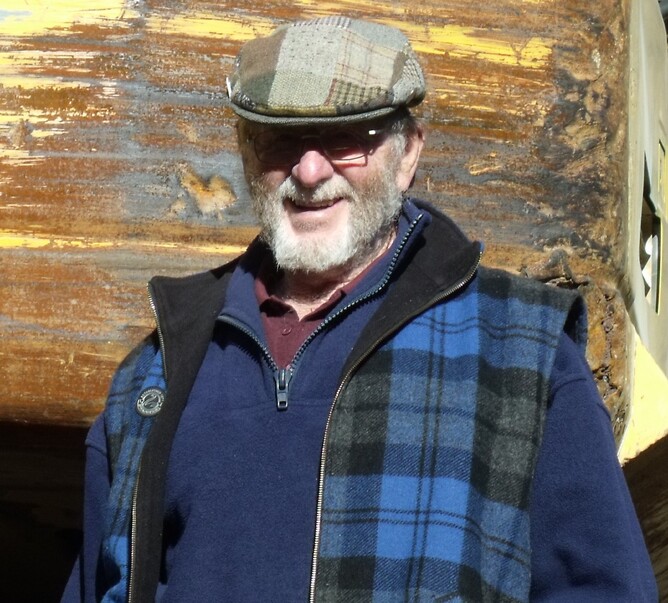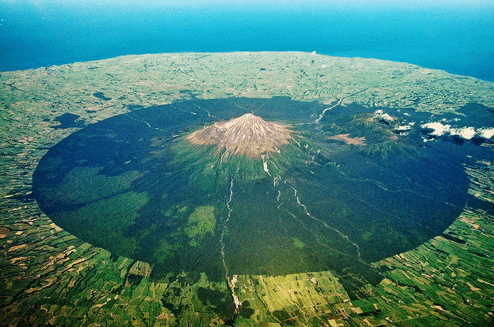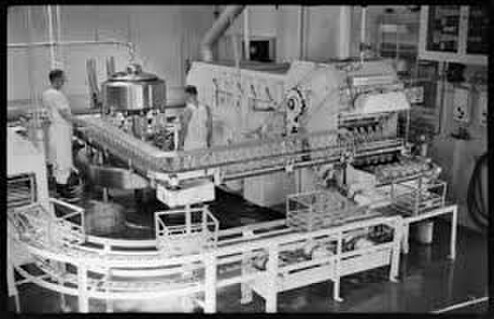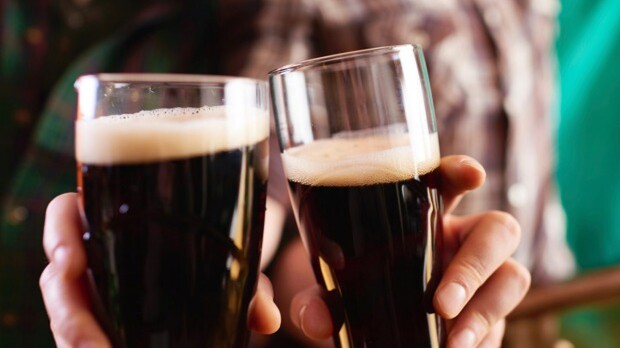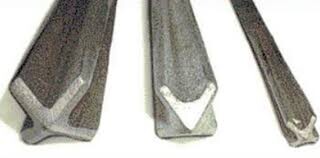It was an absolute honour to chat with Richard who also happens to be our very own Neill Adkins Grand Father. Mr Cardiff is a wealth of experience and technical knowledge not to mention a charismatic individual with a great sense of humour. Richard has worked extensively in the Pacific Islands, Vanuatu and Papua New Guinea, as well as Mainland China, Mongolia, and Kunming, close to the border to Myanmar (Burma) to just name a few.
I could have literally talked with the man all day long.
If anyone springs to mind that you believe we should have a chat to - get in touch admin@refrigeration.life
- Paddy Durham
Where abouts were you born?
New Plymouth "Taranaki" born in bred
When did you start your Refrigeration journey?
I started straight out of school back in 1953 aged 16, Dad couldn't afford to send me to university so he teed me up a job working with a one man band refrigeration engineer who was self taught during the 1930s.
What are your thoughts on the industry at this point in time?
We really could have done a lot better of protecting our Industry itself. As individuals we have a tendency to be self sufficient and independent. We are generally all too busy, work hard and have a resistance to communicate with other Companies. This has allowed other trades to infiltrate into our traditional fields of work and diminish the Mana of our Refrigeration Industry.
You must of witnessed quite a change in refrigerants over the years?
The early one was Sulphur Dioxide, but there was methyl chloride which had problems with aluminium compressors. Freon R12 cured that and the arrival of R22 for air conditioning and then R502 for low temperature applications carried us through until, early in the new century (2000 +). We had to work on ammonia & C02 on ships, and Ice Cream factories and meat works on shore which gave me a wide range of refrigerant application experience. Therefore we had to understand the limitations and characteristics of each refrigerant and apply these limitations to each application.Along with this of course was an understanding of the mainly copper piping to eliminate potential problems with pressure drop, oil migration etc. Once the Supermarket scene came along we had to develop multi-compressor racks with the accompanying oil control problems – Trax oil controls proved to be a godsend. By our standards of the time, because we had a limited choice of available refrigerants (and we were not subjected to the restrictions of today’s refrigerant use) we actually had it quite good. Now days the choice of Refrigerants is bordering on diabolical. We could use what we considered to be the best for each particular application. Most of our “Fairy Gas” refrigerants were non toxic to humans – until the percentage displaced the available oxygen – or your gas flame burning through a copper disc leak detector produced too much phosgene gas.
Climbing out of ships holds with my head spinning a few times soon taught you to be aware. It sounds really bad now, but that's just what it was like at that time. Then Health and Safety came along – but also electronic leak detectors were developed which helped the situation.
What was the most stressful thing you had to cope with as a fridgy in the 1950's
In the early 1950’s we had no refrigeration trade education structure in place in the provinces. We signed up for an “Apprenticeship” of 10,000 hours – 8000 if you had achieved School Certificate - 5 years or 4 years essentially. There was no Trade training school to be attended each year so each of us relied on our foreman or Company owner or other time served senior apprentices to learn the refrigeration side of our trade. In my case I was a sole apprentice to a sole operator boss who had been himself in the refrigeration trade for around 20 years. We did have to attend night school for about a year to attain our Limited Electrical License which allowed us to disconnect and reconnect existing refrigeration machinery but not including any fixed wiring or touching any existing switchboard apart from isolating fuses for safety’s sake.
"We could attach 3 pin single phase plugs and make up extension leads. All other work had be carried out by a Registered Electrician. It was different in the larger Companies such as Fisher and Paykel Engineering and McAlpine Refrigeration of Auckland where they had a more formal “In House” system – almost a Cadet-ship which ensured an ongoing supply of ‘Refrigeration Engineers’ for the Company. Back in the small centres it was generally not like that, all I had was a McQuay’s Refrigeration Application Manual c1949 and Audel’s Refrigeration manual which were used to assess each system and gain knowledge.
We initially learnt everything else from the experience of our boss over the years. When I was in the Trade for about 6 months, I was offered a vehicle to do basic service and maintenance work. That is when I really had to work! I used to think to myself, what would mother nature want me to do. By having an understanding of the way refrigeration systems should operate you would soon learn to troubleshoot situations and be able to figure out solutions. After a while, you could get a service call and nine times out of ten you would know what was wrong with it before you left the workshop. It was just a developed intuition.
The Trade Certification system was introduced into the Refrigeration Trade around 1967-68 – If you had been in the Trade for a set number of years it was assumed you knew what you were doing so you were granted the Certificate without formal examination. I qualified for that but I voluntarily sat (and passed) the Examination for the Refrigeration Advanced Trade Certificate qualification.
The education facility in Petone was in operation at that time as well so all new entrants into the Refrigeration Industry then went through the system. By that time I was in my own business with an Industrial Electrician. We did a lot of work wiring commercial and industrial buildings, kiwifruit cool stores, Air conditioning, new Supermarket installations etc. This required me do a second formal apprenticeship in the Electrical Trade and I gained my full Registered Electrician status.
I was able to use this to advantage when I was working offshore outside New Zealand building Cool-stores, Multiple freezer room complexes, Supermarket fit outs etc as the NZ Registered Electrician qualification was widely recognized by Electrical Supply Authorities throughout the Pacific and Asia.
What type of equipment was your bread and butter?
Initially we did everything from domestics, commercial to industrial refrigeration but my boss was into marine installations - fishing boats. Overseas ships visiting New Plymouth needing maintenance and repairs etc, so we did a lot of those. Once I had my own business away from New Plymouth we really expanded our horizons and worked with all types of commercial and light industrial applications – mostly with hydrocarbon refrigerants – and included all the associated electrical supply and control systems as part of our contracts."
By this time I had studied and learnt to do my own heat load calculations for a wide variety of refrigeration applications and was doing all my own pricing etc for each particular contract. Then computerised control and surveillance systems came along. Another can of worms – but satisfying. An interesting time and subject.
Whiskey or Rum?
I like a good Dark Rum and a Dark craft beer – not necessarily at the same time.
What did you like about Ammonia work?
99% of my work has been with various hydrocarbon refrigerant from the smallest applications to around 100 HP systems. With ammonia, I have always taken the attitude that, while it requires a different operator approach to hydrocarbon refrigerants, it still does the same job and requires it own skill set. But one must always remember that it is different, and you have to respect it or it will bite you".
What was the funniest moment you can remember?
Oh we had a lot of fun.... I think one of the funniest things that stands out was we were up in Vanuatu building a Dairy factory. We had a situation where none of the locals knew how to put the refrigerated panel together, so I went up to help them. We had to get panels onto the roof of one building, so I organised all the local team to lift them all up without any forklift - I called them the human forklift. There was the little guy about 4 foot high, who was lifting the hardest out of everyone and when I looked closer his hands were not even reaching the panel, everyone was laughing, it was very funny. I have had lots of great times, I should write a book.
Whats your pet peave?
I am pretty easy going, but I would say other trades people not doing what they say they would do in the time span agreed upon – this holds up the flow of work and can result in labour cost overruns. Also refrigeration trades people who wont pipe up systems to create a finished system to be proud of - grieves me as much as anything.
What has been you favorite tool you ever bought?
I dont know if I could chose, I just bought what ever I needed at the time. I must say modern tools like battery drills are great, we used to have to use a star drill and make holes in concrete by hand, I used to bash my knuckles around a bit. Electronic leak detectors that are used today certainly make life easier and safer. Having said that – In Shanghai I had service engineers who just would not use an Electronic leak detector at any cost. When I asked them why not – I thought that they did not like the high pitched squeal from the detector.
No – not so.
It appeared that, they found the electronic detector was so sensitive that they would pick up the smallest leak. If they used the soapy water leak detector method – "not so many leaks!" If the installation engineer found a leaks on a new system he would ‘Lose Face’ because the job was not good.
“Not so” says I.
“If you find that smallest leak before hand-over of the system, you will gain Face because you have saved the client money by not having to repair the system in a short time” All electronic detectors were used from then on. Everyone a winner.
Whats the secret to a healthy marriage when your in the refrigeration industry?
You have to be wise and choose the right lady in the first place. (Richard chuckles with his wife sitting next to him) having been married for 62 years. I missed a lot of social and family gatherings over the years but the kids still talk to us.
What advice would you give to the young fellas coming into the trade?
Keep Learning - keep asking questions.
Take hold of this industry with both hands, it will keep you busy, well paid, travel the world for free and you can have a lot of fun. A very satisfying way of life. Would I do it all again ?
Hell YES !
